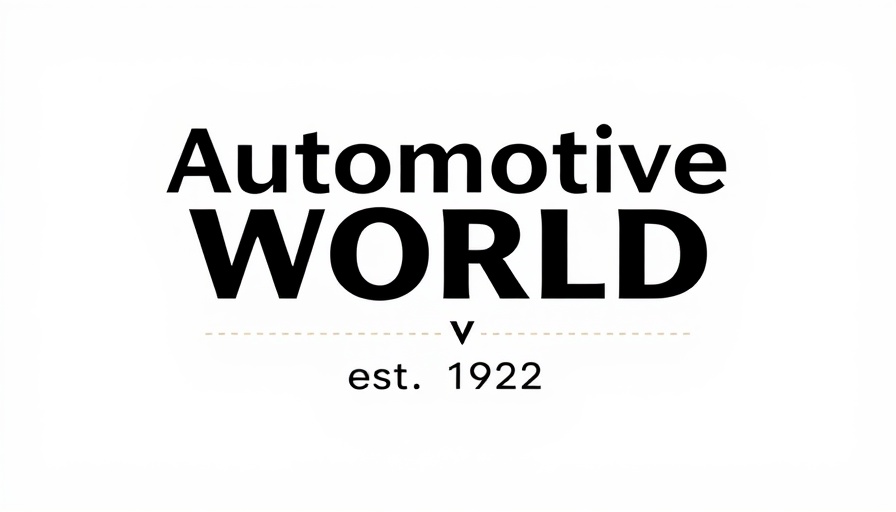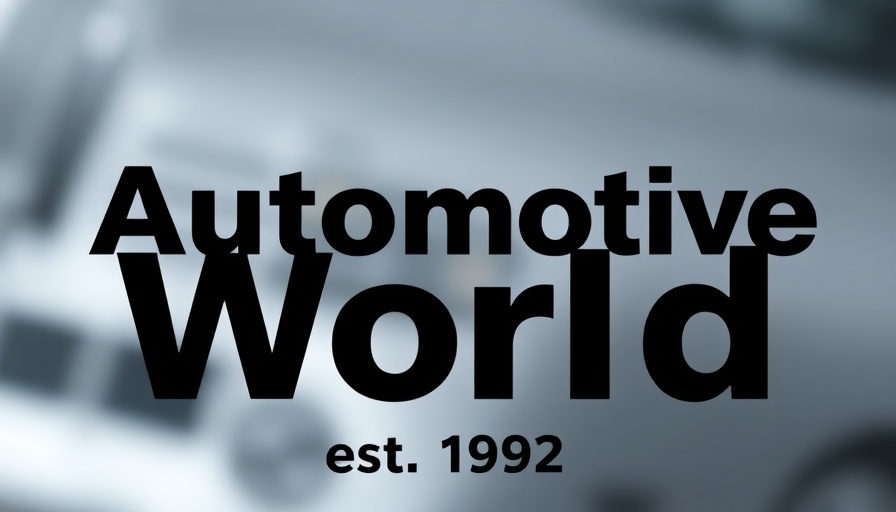
Revisiting Accountability in Leadership
In today's evolving business landscape, especially within the automobile dealership environment, the concept of accountability is often misunderstood. Many leaders operate under the assumption that accountability is a primarily top-down directive, focusing exclusively on enforcing responsibility on their teams. However, it’s important to rethink this notion and consider the dual nature of accountability.
The Leadership Accountability Double-Edged Sword
Accountability is not merely about holding employees responsible; it’s equally about leaders being responsible to their teams. As stated in a recent discussion on leadership, without mutual accountability, the relationship between leaders and employees can become akin to authority without empathy, leading to disenchantment and poor performance.
This perspective is particularly critical in the auto industry, where performance directly correlates to dealership success. By embracing the idea that leaders should also be accountable, dealerships can cultivate an environment of trust and support where employees feel motivated to excel.
Creating a Culture of Shared Responsibility
To foster a culture of shared accountability, leaders must start by modeling the behavior they want to see. This includes being open about their own performance, admitting mistakes, and being responsive to feedback. When leaders actively demonstrate accountability, it encourages their teams to reciprocate, creating a cycle of mutual obligation. A simple yet profound shift, like a leader declaring, "I am accountable to you for my listening behaviors," can revolutionize the way employees interact during performance evaluations and team meetings.
Building Trust Through Transparency
For dealerships, transparency isn't just a buzzword; it's a fundamental practice that enhances relationships both internally and externally. When leaders candidly share both good news and bad, it builds trust and a sense of cohesion. The dealership team is more likely to engage openly with customers and work collectively to resolve any issues that arise.
Breaking Down One-Way Accountability
The myth of one-way accountability often leads to tension and resentment. A culture that thrives solely on blame can result in high turnover rates and burnout. Instead, fostering a two-way street of accountability means recognizing that both leaders and employees have a stake in each other's success. This model depersonalizes mistakes and encourages a solution-oriented mindset.
Inspiring Change for Greater Growth
As leaders within dealerships assess their operational strategies, inspiring change in how accountability is perceived and executed can lead to greater growth and customer satisfaction. The automotive industry thrives on relationships, and as trust deepens, so too does the performance of teams and the loyalty of customers.
Bringing accountability back to its rightful place in leadership means moving away from coercion and towards compassion. When everyone in the dealership understands that accountability is a shared endeavor, both employee performance and customer experiences improve dramatically.
In closing, leaders must not only hold others accountable but also cultivate an environment where employees feel they are partners in achieving collective goals. The transformation begins at the top, making it vital for leaders to explore these concepts of real accountability urgently.
 Add Row
Add Row  Add
Add 

 Add Row
Add Row  Add Element
Add Element 




Write A Comment